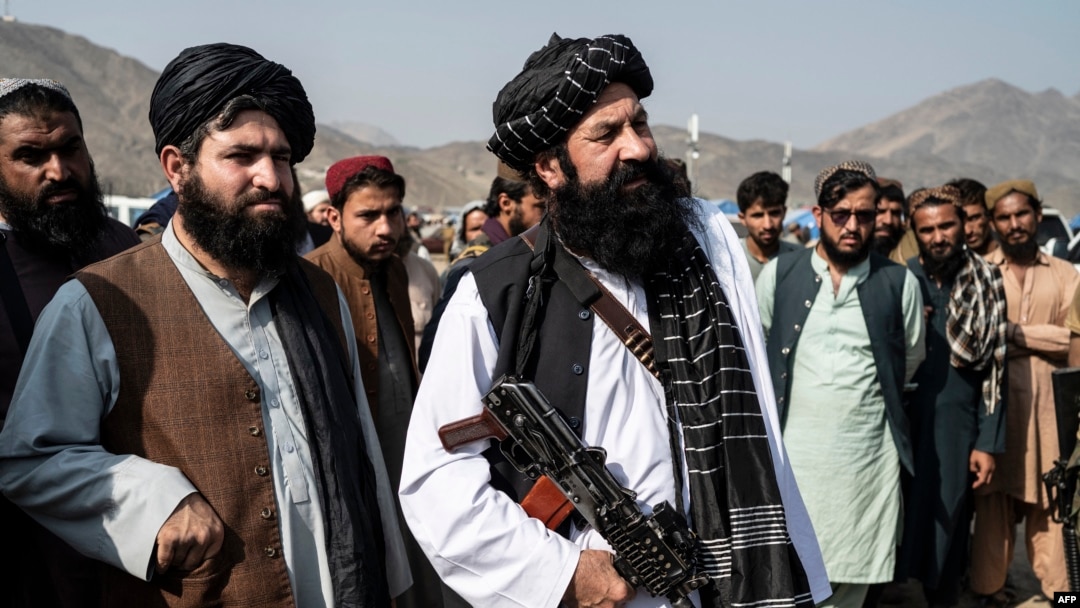A civil servant who blew the whistle about the chaotic withdrawal from Afghanistan and Boris Johnson’s involvement in a decision to evacuate a pet charity from Kabul has won her case for unfair dismissal against the government in a legal first.
An employment panel of three judges unanimously found the Foreign, Commonwealth and Development Office (FCDO) unfairly dismissed Josie Stewart in 2021 after she leaked information in the public interest.
Stewart lost her job after her security clearance was removed when it emerged she told the BBC about failures in the withdrawal from Kabul and leaked emails suggesting that Johnson had prioritised staff from the animal charity Nowzad for evacuation over more deserving cases.
At a hearing last May, Ben Collins KC, counsel for the FCDO, argued that the right to whistleblow did not extend to giving security clearance to those with a record of leaking.
But Stewart’s barrister, Gavin Millar KC, said if the FCDO’s argument succeeded it would “drive a coach and horses through” the Public Interest Disclosure Act 1998 (Pida) aimed at protecting whistleblowers.
A landmark judgment issued on Tuesday said: “The tribunal considered that it was reasonable for the claimant [Stewart] to go to the UK’s public service broadcaster when relevant information and/or allegations had already been put into the public domain … and government ministers were publicly disputing them.”
It added: “Was the claimant’s belief that she made the disclosure in the public interest a reasonable belief? The tribunal found that it was. The prime minister and foreign secretary were denying things that the claimant believed to be true, based on what she had observed in the course of her work.”
The tribunal also backed Stewart’s claim for unfair dismissal. It said: “The tribunal considered that no reasonable employer, acting reasonably, could base a decision to dismiss an employee in the claimant’s position on a process which failed to engage in any way with the case that she was putting forward. This was sufficient to lead the tribunal to conclude that the dismissal was unfair.”
But the panel did accept that it was “unavoidable” that she was suspended from her job “while her security clearance was reviewed, as she was required to have such clearance”.
Stewart’s solicitors, James and West, a legal firm that specialises in whistleblowing, said the judgment was “groundbreaking”, as it was the first case of its kind to establish that a civil servant was protected for disclosures to the media.
Stewart, 44, who had worked at the FCDO office for seven years, said: “My experience of the FCDO crisis centre in August 2021 reflected the worst of our political system. By calling this out, I lost my career. The outcome of this case doesn’t change any of this, but it has achieved what I set out to achieve: it has established that civil servants have the right not to stay silent when systemic failures put lives at risk, as happened during the Afghan evacuation.
“We can’t have a system that stays stay silent no matter what you see, and forces dedicated public servants to choose between their conscience and their career.”
Cathy James, Stewart’s solicitor, said: “Today, the employment tribunal has vindicated my client’s actions and upheld her rights. This is an important win not just for Ms Stewart but for civil servants, the public interest, and democracy.”
Millar said in submissions to the panel that Stewart’s whistleblowing related to “the endangerment of the safety and lives of extremely vulnerable people in danger of retribution from the Taliban at any moment, and a government communications strategy which concealed how badly the UK government let those people down”.
The FCDO has been approached for comment.

 Afghanistan Peace Campaign
Afghanistan Peace Campaign

